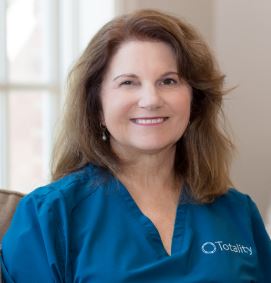“Do medicines help in treating varicose veins?”
My sister is 36 years old and has had an issue with varicose veins ever since giving birth to her first child. Is there any medication to treat this? She doesn't want to resort to surgery to get rid of it, so any other recommendation will help.
11 Answers
VascularSurgeonVaricoseVeins
There aren’t really any medications used to treat varicose veins. Some studies have shown that Horse Chestnut seed extract (an herbal supplement) can reduce symptoms related to varicose veins. compression socks are also helpful. Varicose veins are caused by a mechanical issue in the veins which will unfortunately not go away, so the veins are typically permanent unless treated surgically.
While surgery can be done to remove varicose veins (stripping, stab phlebectomy), office based treatments are more common, and involve much less invasive therapy, using small needles and catheters. Downtime is minimal, and recovery very fast, with little to no pain. There are no medicines to treat veins effectively.
Compression stocking is the only modality which could help. Most procedures for varicose veins are small and office based
Dr. Rajesh Malik
Vascular Surgeon
Sorry. There are no medications that I'm aware of to help this. She should wear compression stockings which may prevent them from getting worse. The surgical procedures are very low risk and mostly office-based so she shouldn't be nervous about them.
There are no really good medicines however wearing compression socks and elevating when not walking can help. THere is limited data on utility of various herbal preparations but none of these remove varicosities but control progression and symptoms - there is not an absolute necessity to have surgery - i myself have had varicose veins for years and just use compression hose
No they do not. Save your money.
Varicose veins vary in size and degree of symptoms. For smaller veins that cause little, medications called sclerosants can be injected into the veins. This usually can improve their appearance. For larger veins, getting an ultrasound and identifying the source of the problem is the best course of action. With a normal ultrasound, injections of sclerosants can clear almost all varicose veins. If your sister has an ultrasound that identifies any reflux disease as the source of her varicosities, a vein specialist can discuss with her the options of injection of Varithena which does not require any surgery at all or performing an endovenous laser or radiofrequency ablation of her refluxing superficial vein. Go to the American Board of Venous & Lymphatic Medicine's website (abvlm.org) and find a board certified vein specialist to evaluate your sister.
KathyLee Santangelo, MD
KathyLee Santangelo, MD
I have not seen any medication make varicose veins go away. Additionally venous disease which presents that early should be evaluated for other congenital etiologies which are often more difficult to manage. Aggressive compression therapy is best to control swelling. If she is a candidate for surgical treatment, laser ablation can be done successfully in the office with local anesthesia and it is well tolerated.
Pycnogenol has been implicated in improving vein health. But studies don’t necessarily prove it. Surgery is really the only way to effectively treat varicose veins. Your sister should be wearing compression hosiery daily, while upright to reduce the pressure in her veins to lessen their discomfort and to prevent them getting worse.










